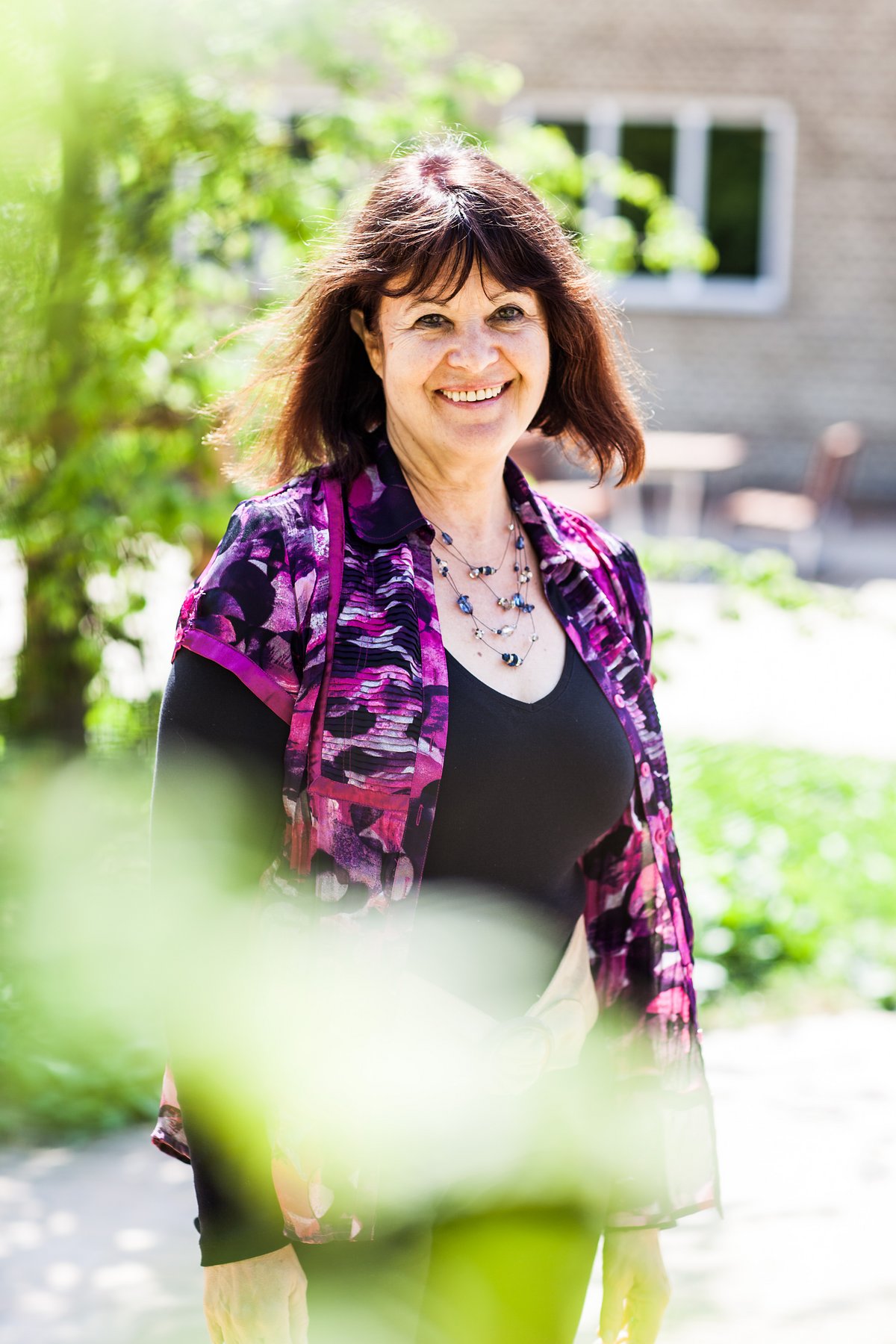
The study is both conceptual and ethnographic. At the conceptual level, it involves a collaborative conversation between anthropologists and philosophers (at Aarhus University and internationally) concerning the moral life and the human condition. It has generated three interdisciplinary and international conferences held (and forthcoming) at AIAS, “Moral Experience,” (Sept. 2013), “Moral Engines: Exploring the Ethical Drives in Human Life,” (June 2014) and “The Human Condition: Reinventing Philosophical Anthropology.” (June 2015). An edited book, Moral Engines: Exploring the Ethical Drives in Human Life (editors: Mattingly, Louw, Wentzer, Dyring) builds from these conferences and is under contract with Berghahn Press.
The ethnographic study explores the ethics of care, parental activism and the mediating influences of home and neighborhood environments on care practices. It examines the relationship between locally salient normative expectations of the “good family” and the lived experience of families who deviate from those expectations. It focuses especially on processes of moral transformation as parents struggle to acquire treatment services for their children, counter the stigmas attached to disability and give children “real childhoods” through participation in everyday childhood activities. Moral Laboratories: Family Peril and the Struggle for a Good Life (Mattingly 2014, University of California Press) elucidates some of these themes. The conceptual and ethnographic project furthers collaboration between Danish researchers at Aarhus University and the University of Southern California.
Project title:
Moral Epidemics and the Making of a “Good Family”: Raising Children with Autism and ADHD in the United States and Denmark
Area of research:
Antropology
Fellowship period:
1 Jun 2013 – 31 May 2014
Fellowship type:
Dale T. Mortensen fellow

This fellowship has received funding from The Aarhus University Research Foundation.
